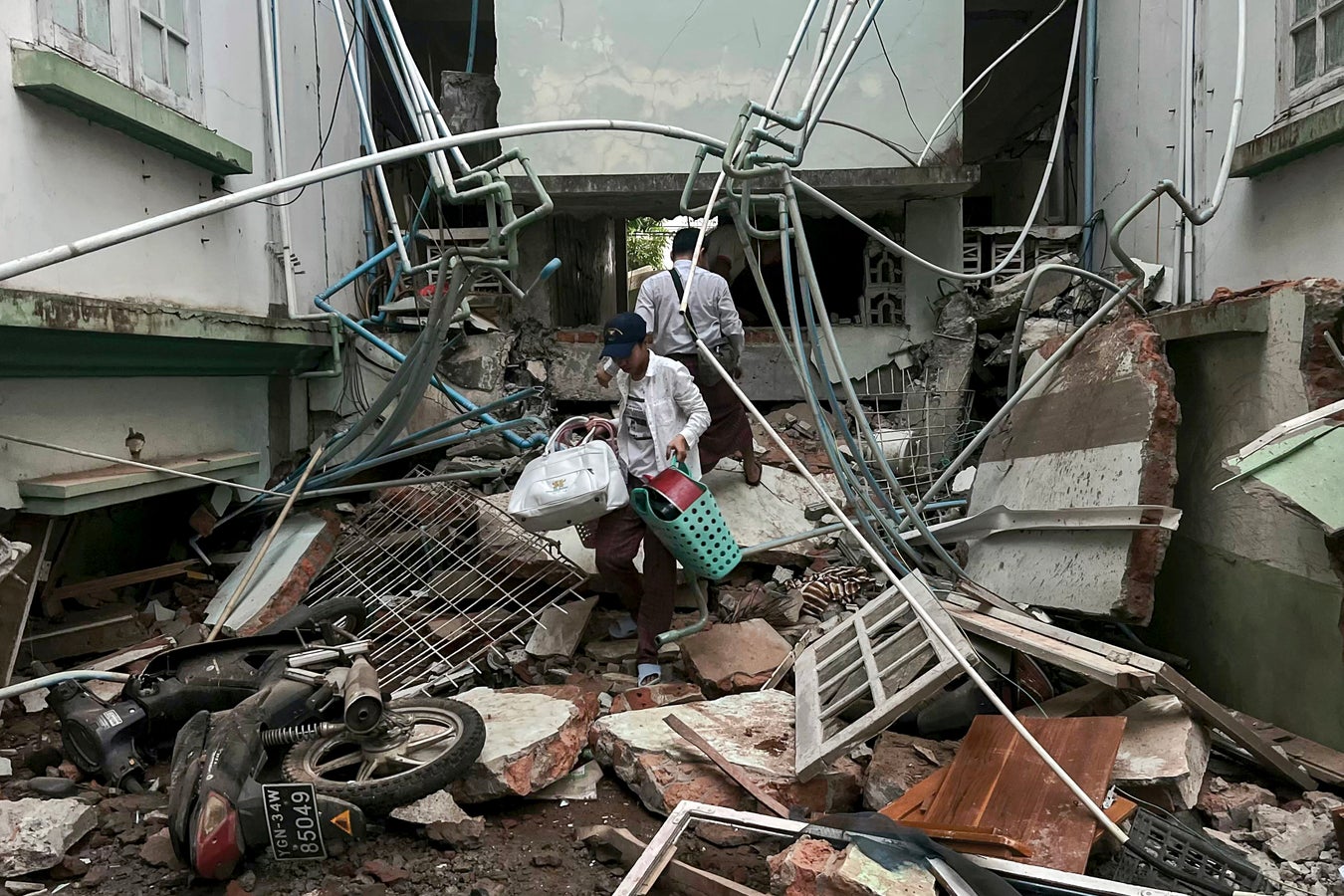
That conclusion, the analysts say, calls for regulators and others to consider additional mandatory steps to reduce the potential of drinking water contamination from salts and naturally occurring radioactive materials, such as uranium, radium and radon from the rapidly expanding fracking industry.
The new findings and recommendations come amid significant controversy over the benefits and environmental risks associated with fracking. The practice, which involves pumping fluids underground into shale formations to release pockets of natural gas that are then pumped to the surface, creates jobs and promotes energy independence, but also produces a substantial amount of wastewater.
In light of their review of multiple possible water pollution scenarios, the authors say future research should focus mainly on wastewater disposal. "Even in a best case scenario, an individual well would potentially release at least 200 m3 of contaminated fluids," according to doctoral student Daniel Rozell, P.E., and Dr. Sheldon Reaven, Associate Professor and Director of Energy and Environmental Systems Concentration in the Department of Technology and Society, Stony Brook University.
The scientists present their findings in a paper titled "Water Pollution Risk Associated with Natural Gas Extraction from the Marcellus Shale," which appears in the August 2012 issue of the journal Risk Analysis, published by the Society for Risk Analysis.





 The reproductive health provider Planned Parenthood said the Trump administration would cut federal family planning funding...
The reproductive health provider Planned Parenthood said the Trump administration would cut federal family planning funding... Weather will have its own version of March Madness this weekend as yet another outbreak of...
Weather will have its own version of March Madness this weekend as yet another outbreak of... On March 28, at around midday local time, tens of millions of people in Southeast Asia...
On March 28, at around midday local time, tens of millions of people in Southeast Asia...






























